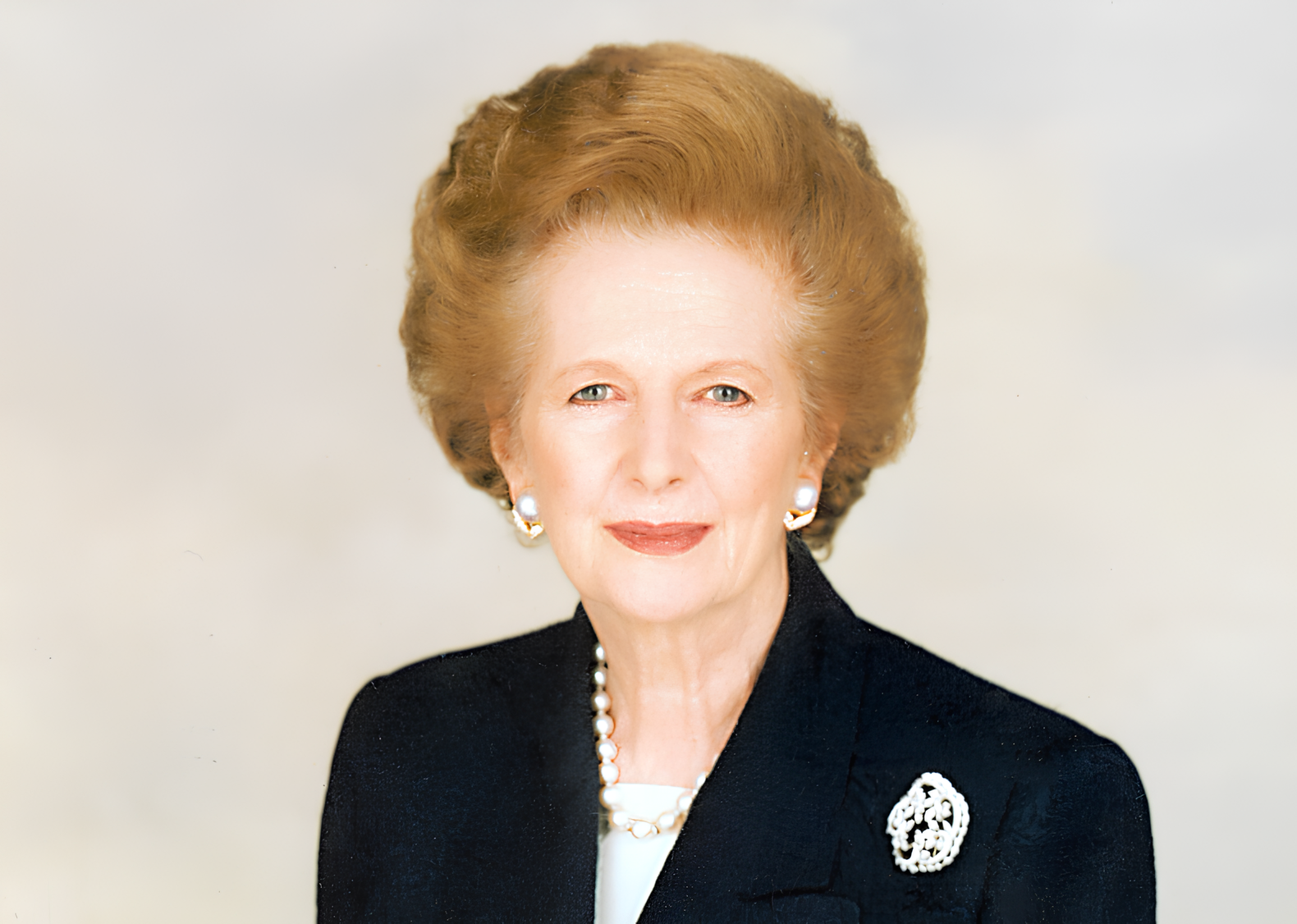BBC’s Sir Richard Francis v Thatcher
Margaret Thatcher didn’t like Britain’s established elites that she grew up with. In that sense she was a radical departure from her Tory Prime Minister predecessors. These elites were somehow privileged, set apart from normal hard working people. In the Britain of the 1960s and 70s they ran the country, as had always been the case. These were the titled and entitled, the graduates of Oxford of Cambridge by way of a few elite public schools like Eton, Harrow and Winchester. They monopolised the British Civil Service, the Military and those few peculiarly British institutions that watched over and shaped what it was to be “British”. Thatcher felt they had made a poor job of it. Britain was the sick old man of Europe.
Thatcher rode on a wave of disapproval of the Wilson/ Callaghan era and the economic malaise that had been produced into a landslide election victory in 1979.
The BBC was one of those peculiar British institutions, created as it was to be largely impervious to the short term or partisan preferences of the Government of the time. The BBC was also to an extent protected from commercial pressures. Thatcher wanted to bring the BBC to heel and to expose it to the forces of the market. In her mind it was too big, arrogant and unaccountable.
Dick Francis was a product of this elite, educated at Uppingham School and Oxford, a BBC lifer who had risen through the ranks living a gilded lifestyle and had emerged onto the Board of Management as Director, News and Current Affairs, the effective Editor in Chief of the most powerful and highly reputed broadcasting organisation in the world.
Dick, one of the last of the great Reithian philosopher kings of the BBC, had always fought passionately for the BBC’s editorial independence and for the obligation of the BBC to bring to the public a faithful picture of the world around them, even if it was unpalatable or inconvenient. Dick felt that one could not put a price on this and was a noted exponent of high budget major programme set-pieces that marked the BBC as a world leader.
So Margaret Thatcher and Dick Francis were set on a collision course from the moment she landed at Number 10 in June 1979.
They fought, privately and publicly, throughout Francis’ time in the BBC. Yet curiously when Francis fell out with the Board of the BBC and was controversially fired in 1986, it was Thatcher who saw to it that he was elevated to one of the most senior diplomatic roles, to Director General of the British Council. It was also Thatcher who approved his knighthood three years later.


